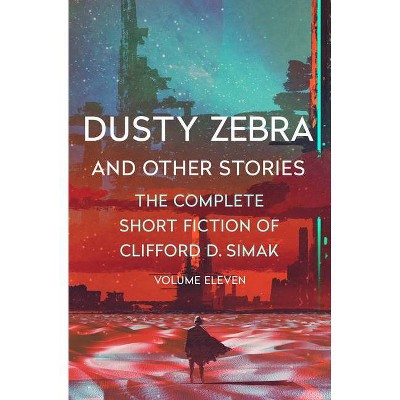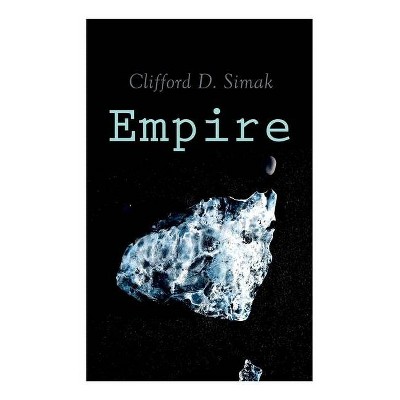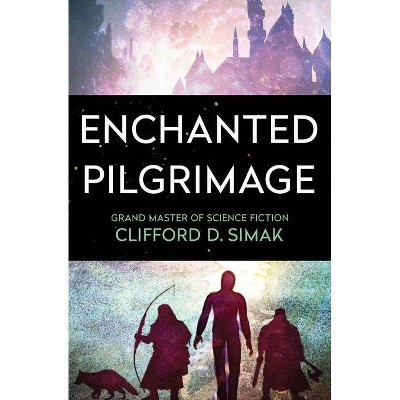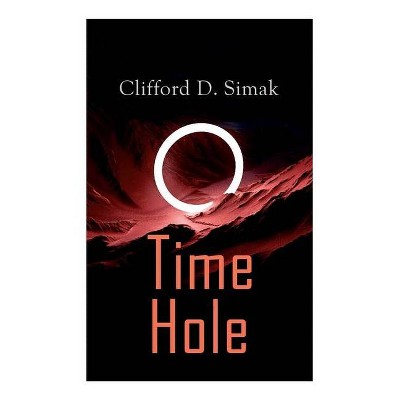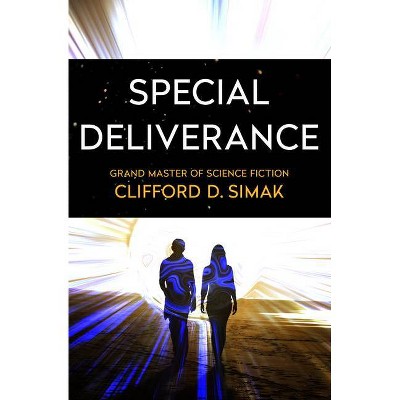A Heritage of Stars - by Clifford D Simak (Paperback)
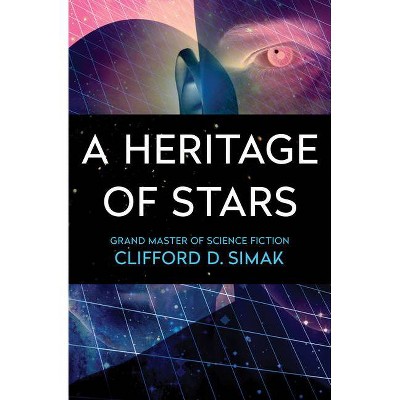
Similar Products
Products of same category from the store
AllProduct info
<p/><br></br><p><b> About the Book </b></p></br></br> "More than a thousand years have passed since humankind intentionally destroyed its treacherous technology, choosing to revert back to a primitive tribal state. In this society, the rusting brain cases of long-inert robots are considered trophies, and the scant knowledge that has survived is kept in monastery-like 'universities.' It is at one such center of learning that Tom Cushing first reads of the legendary 'Place of Going to the Stars,' rumored to exist on a high butte somewhere in the western part of the land"--Back cove<p/><br></br><p><b> Book Synopsis </b></p></br></br><b>A man hunts for lost knowledge in a future society that's reverted to a primitive tribal state in this novel by the author of <i>Way Station</i>.</b> <p/> More than a thousand years have passed since humankind intentionally destroyed its treacherous technology, choosing to revert back to a primitive tribal state. In this society the rusting brain cases of long-inert robots are considered trophies, and the scant knowledge that has survived is doled out to an inquisitive few in monastery-like "universities." It is at one such center of learning that young Tom Cushing first reads of the legendary "Place of Going to the Stars," rumored to exist on a high butte somewhere in the western part of the land. Driven by enthusiasm and an insatiable need to track the myth to its source, Tom sets out on an amazing trek across what was once called "America," teaming up with a witch, the world's last remaining robot, and other odd companions. But all the astonishing discoveries and dangers they encounter along the way will pale before the revelations that await them at journey's end. <p/> Clifford D. Simak, award-winning science fiction Grand Master, offers a breathtaking vision of the future that is both dystopian and hopeful in equal measure. In <i>A Heritage of Stars</i>, he boldly displays the heart, intelligence, and awesome imaginative powers that have established him as one of the all-time greatest authors of speculative fiction. <br><p/><br></br><p><b> Review Quotes </b></p></br></br><br>"To read science-fiction is to read Simak. The reader who does not like Simak stories does not like science-fiction at all." --Robert A. Heinlein <p/> "Just about any work by Simak deserves to be considered a classic." --SFBook.com <p/> "One of the great makers of science fiction . . . The man shines through." --Jack Williamson<br><p/><br></br><p><b> About the Author </b></p></br></br>During his fifty-five-year career, Clifford D. Simak produced some of the most iconic science fiction stories ever written. Born in 1904 on a farm in southwestern Wisconsin, Simak got a job at a small-town newspaper in 1929 and eventually became news editor of the <i>Minneapolis Star-Tribune, </i> writing fiction in his spare time. <p/> Simak was best known for the book <i>City</i>, a reaction to the horrors of World War II, and for his novel <i>Way Station. </i>In 1953 <i>City</i> was awarded the International Fantasy Award, and in following years, Simak won three Hugo Awards and a Nebula Award. In 1977 he became the third Grand Master of the Science Fiction and Fantasy Writers of America, and before his death in 1988, he was named one of three inaugural winners of the Horror Writers Association's Bram Stoker Award for Lifetime Achievement. <br>
Price History
Price Archive shows prices from various stores, lets you see history and find the cheapest. There is no actual sale on the website. For all support, inquiry and suggestion messagescommunication@pricearchive.us
